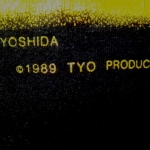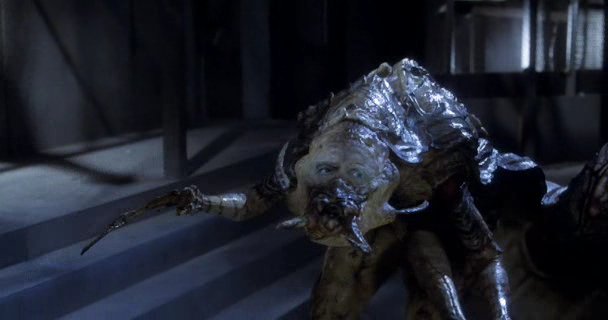

These animals are one of the few remaining species that can cross over at will and challenge those barriers. Our hatred of the roach has perhaps grown in proportion to the boundaries we have erected between ourselves and the natural world. I have a theory that early Homo sapiens living in caves probably did not find the cockroach as abominable as we do now certainly they had more dangerous animals to fear. As humans dispersed from Africa, where roaches too are believed to have come from (Linneaus misnamed them Periplaneta americana), they have accompanied us through our colonization of the planet. They are, in a sense, our alter-egos, the shadows that clandestinely follow in our wake. They have existed for hundreds of millions of years, have survived several mass extinctions, yet we have succeeded in changing how they life. One of the things I discovered when reading up on the American cockroach is that they are no longer found in the wild. The cockroach is like a distorting mirror that amplifies the attitudes we harbor. This schism is indicative of the subjectivity – perhaps arbitrariness – with which we respond to nature in general. What interests me is that the degree to which people hate cockroaches is so disproportionate to the actual potential for threat in the actions of the animal. I’m not advocating for their conservation or their destruction. It has never been my intention, though, to offer them an apology, to say we shouldn’t hate or shouldn’t kill them. Are we skittish about being dominated again? Who knows? Cockroaches outnumber us, we can’t control them, and they don’t share our values. I also wonder if we have an atavistic memory of when mammals were a diminutive species ruled by the dinosaur. And by mutating quickly they can genetically outwit the technologies we throw at them. If we find ten in the kitchen, we know there are hundreds more behind the walls that we can neither see nor get at – a hidden enemy is horrifying to us. They also operate in numbers, whereas we see ourselves as individuals. They’re nocturnal, coming out at night when we are asleep and vulnerable. It’s likely that there are a multitude of factors that fuel our feelings about cockroaches. The dichotomy of the roach being a loaded subject, yet in habit, a fairly blank canvas, allowed me to bring more to this work.

There’s nothing about the animal that is life-threatening. Having a cockroach in your kitchen is not like having a venomous snake living in the house. They don’t sting, bite, or carry the dangerous pathogens that flies, mice, and mosquitoes regularly do. They don’t eat in a dramatic way, and they certainly don’t have the wild sex life of, say, the praying mantis. But interestingly enough, although they carry this heavy burden of our hostility, they don’t do very much in terms of behavior. I can think of few species that are as thoroughly loathed as the cockroach. The roach, and the disgust we feel for it, make for a rich conduit to the psychological landscape that inculcates our complex and often violent relationship with the animal world. With American Cockroach, I am interested not so much in troublesome behavior as in an animal humans find problematic. The snake, of course, needs to eat, regardless of our opinions. I was fascinated by the strange disconnect between what people seem to want to believe happens in nature and what actually does happen. Although I spent much of my time on the project providing meticulous care for the animals I worked with, many viewers blamed me when they saw, for example, images of a snake eating a baby mouse – as if I had killed the mouse. The carnage in Food Chain was deeply disturbing to many viewers. With my previous book, Food Chain, I wanted to explore a basic process of the natural world – killing and eating, being eaten alive – away from which we have endeavored to civilize ourselves. Where nature and culture collide is a nexus of fear and confusion. Yet, is it possible that a human-centric viewpoint is setting the stage for an impoverished environment? I think that our experience can be enhanced by an attempt to understand and give meaning to other life forms. Their biology and behaviors are routinely bizarre and enigmatic to us – they are refreshingly outside the human perspective. Insects are a window into the unimaginable. Excerpts from a Conversation, with Lesley A.


 0 kommentar(er)
0 kommentar(er)
